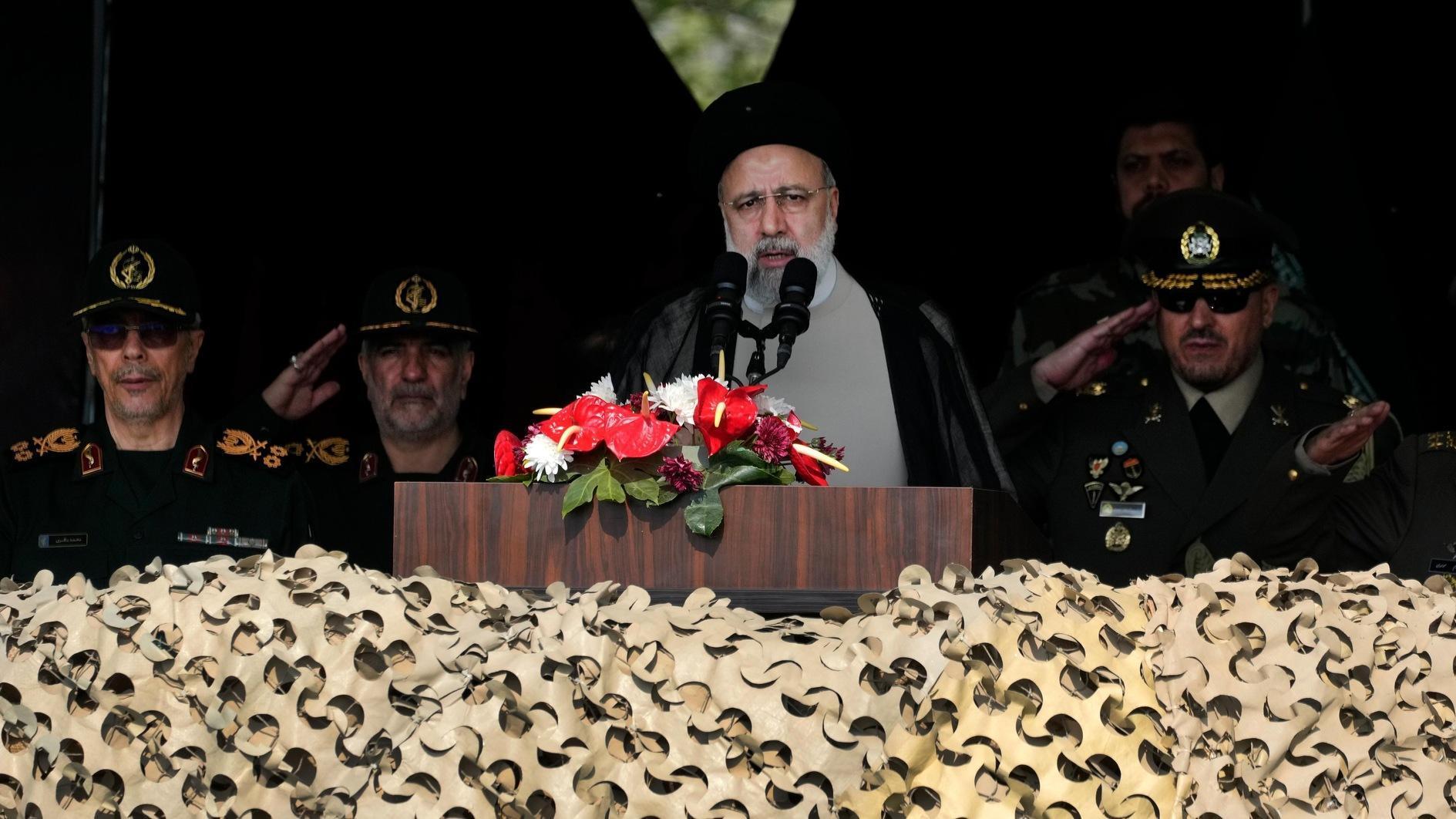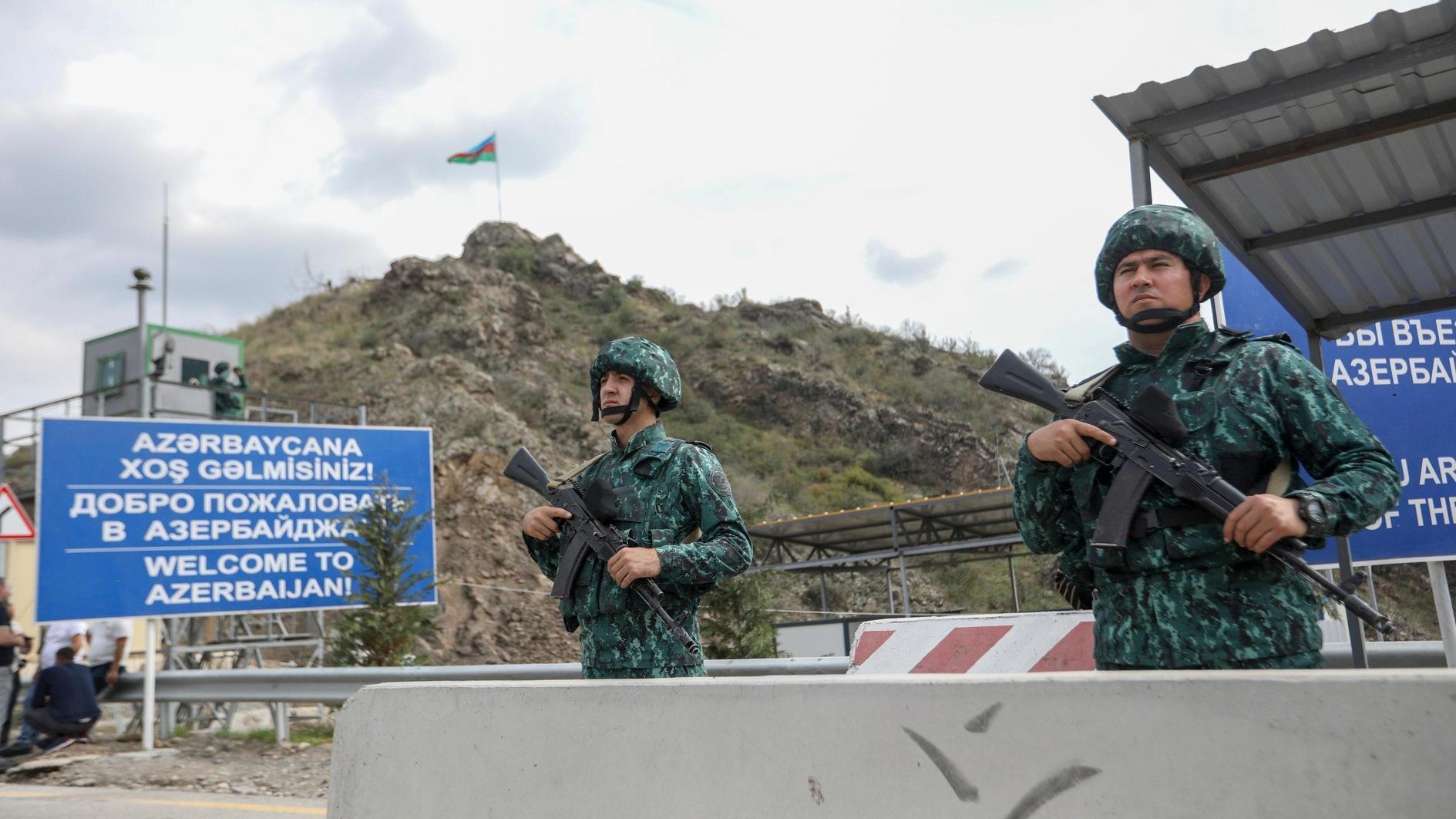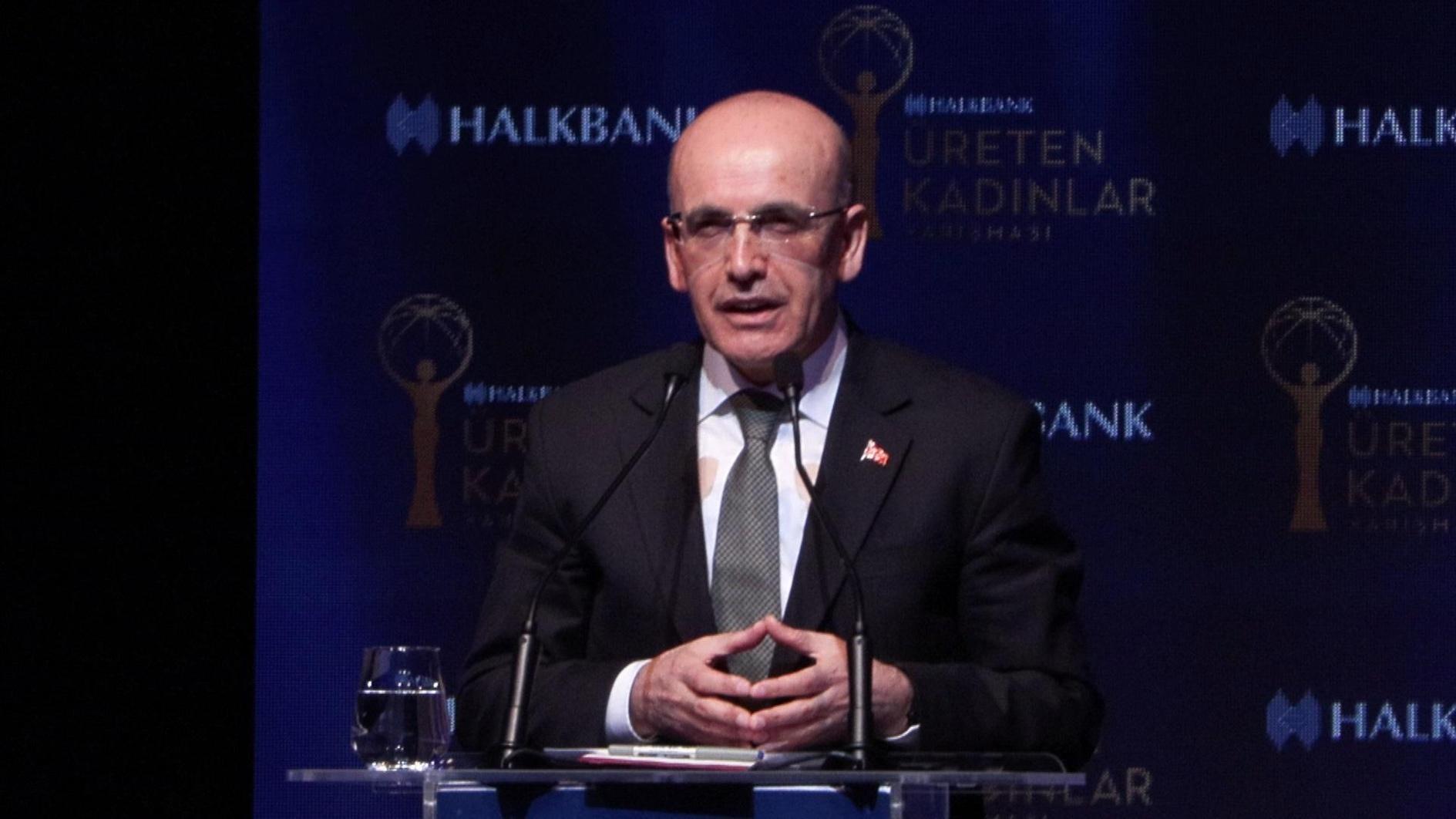Why Demirtaş is chosen as the target
Selahattin Demirtaş, the co-chairman of the Kurdish problem-focused Peoples’ Democratic Party (HDP), is nowadays the focus of a denouncment campaign by Prime Minister Ahmet Davutoğlu’s Justice and Development Party (AK Parti) government.
There is not one single day that passes without Demirtaş being accused by either President Tayyip Erdoğan or a government member of being an accomplice of terrorist attacks, resumed by the outlawed Kurdistan Workers’ Party (PKK) after an unnamed cease-fire period of three years due to dialogue.
The dialogue, which has been initiated in 2012 by then-PM Erdoğan between the AK Parti government and PKK’s imprisoned leader Abdullah Öcalan through the National Intelligence Organization (MİT), pursued a political solution to Turkey’s chronic Kurdish problem.
The HDP used to shuttle between Öcalan, the government and PKK headquarters in the Kandil Mountains of Iraq until April 2015, when the propaganda campaign of the parties for the June 7 elections started.
A government delegation headed by Deputy Prime Minister Yalçın Akdoğan and a HDP delegation headed by Sırrı Süreyya Önder had appeared on cameras together for the first time to read their own statements February 30 in support of the “peace process,” an expression used by Erdoğan himself.
By then, Demirtaş was the apple of Erdoğan’s and Davutoğlu’s eyes, perhaps with an exception to the October 6-8, 2014 incidents when he called people to take to the streets in protest of the government’s policy regarding Kobane. That was almost 10 days before the U.S. President Barack Obama’s call to President Erdoğan securing Turkish cooperation for Kurdish resistance in the Syrian town bordering Turkey against the attacks of the Islamic State of Iraq and Levant (ISIL).
But by the time of the Dolmabahçe statements, nobody was turning the spotlights on Demirtaş’s elder brother, Nurettin, who is allegedly a PKK personality. Demirtaş was the anti-thesis of the Kurdish activist cliché in the Turkish public; in his early forties, Demirtaş is a family man with a handsome and eternally smiling face, a human rights defender, singing and playing folk songs both in Kurdish and Turkish with his “bağlama,” a traditional Anatolian string instrument, always trying to find a middle way in the worst antagonistic debates.
The picture started to change radically when Demirtaş delivered the shortest speech in Turkish Parliament on March 17, saying the HDP would not let Erdoğan shift the system to the strong presidential one he desired.
There was only one contact between the HDP delegation and Öcalan; Justice Ministry has denied the HDP contact since then.
Demirtaş’s words were a denial of speculations that there was a secret deal to make Erdoğan the strong president he desired, release Öcalan and obtain Kurdish autonomy.
Plus, Demirtaş, also reflecting the pulse of the Kandil, announced that the HDP was going to challenge the unfair 10 percent threshold, instead of by-passing it by sending individual deputies to parliament, pretending to be independents but rejoining once in.
Those two steps radically changed the “presidential system” calculus of Erdoğan.
Demirtaş recently claimed that Erdoğan was trying to punish the HDP for being successful in the June 7 elections, sending 80 MPs to the 550-seat house and getting 13 percent of the votes by attracting the conservative Kurdish votes previously casted for AK Parti in former elections.
Actually, Erdoğan himself has endorsed this claim, by implying the results of the PKK dialogue initiative on the March 30, 2014 local elections and June 7 general elections were a disappointment for him; it is possible to think that he thought all Kurds would line up for the AK Parti because of the “process.”
Demirtaş is not the apple of the eye of the PKK nowadays, anyway. Right after the election, the PKK seniors started to put pressure on Demirtaş and the HDP to get “concrete results for the freedom of Kurds,” as if there were no political uncertainties about the coalition talks. On July 11, the Kurdistan Communities Union (KCK), the front organization of the PKK, announced that the de-facto cease-fire was over. Among the reasons the KCK put forward was ongoing road and dam constructions in the dominantly Kurdish populated and economically underdeveloped east and southeast bordering Syria, Iraq and Iran. Only three days after a call by Demirtaş, responding to a demand by PM Davutoğlu that he was not urging the PKK to lay down arms, the PKK killed two police officers while sleeping in their shared home on July 22 and claimed responsibility for it. That was also two days after an ISIL suicide bomb attack killed 31 Kobane volunteers in the border town of Suruç.
It coincided with an agreement between Turkey and the U.S. about full scale involvement in the anti-ISIL fight in Syria. Turkey had its first air strikes against ISIL positions in Syria and many more on the PKK in Iraq; whenever the PKK kills a military or a police officer, or a suicide attack like the one in Ağrı near the Iranian border on Aug. 2, dozens of Turkish jets pound the PKK in Iraq in retaliation, killing nearly 300 alleged PKK members according to the military.
Demirtaş and the HDP are squeezed between the AK Parti government and the PKK.
He recently claimed that the government wanted to get the HDP closed or at least banned from treasury support, which all parties get in accordance with their representation, and that Burhan Kuzu, a professor of law and former AK Parti MP, has been working on this project under his new title of chief legal advisor to President Erdoğan.
Gürsel Tekin, the secretary general of the social democratic Republican People’s Party (CHP) who strongly condemned the recent acts of terror, said the CHP would not let the HDP get closed down by the government, while speaking in the highly Kurdish-populated Diyarbakır over the weekend. Kemal Kılıçdaroğlu, the chairman of the CHP responded positively to the call of Demirtaş to sit and talk this week on how to tone down the escalation, as the CHP has been talking to the AK Parti to see whether a grand coalition is possible.
The bottom line is the presence of Demirtaş and the HDP has been regarded as a chance for the Turkish democracy to update itself and recent developments show that it may not be that easy.











